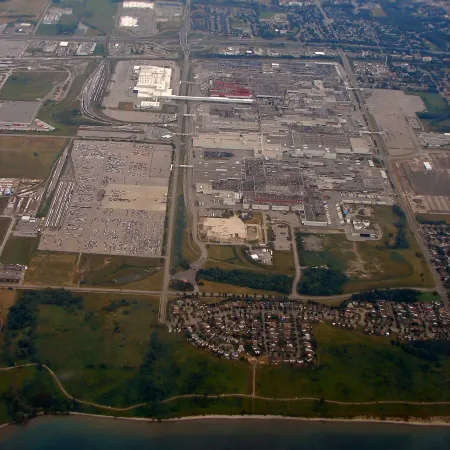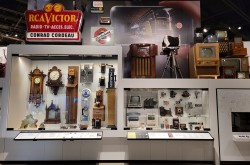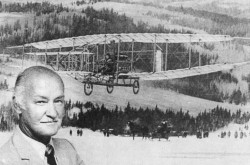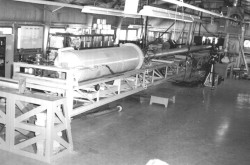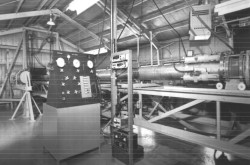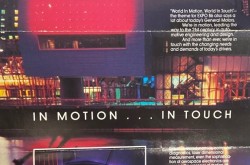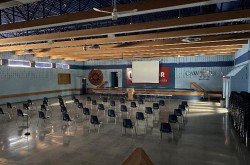Learning from Experience: Why We Need Oral Histories
The large industrial footprint of the General Motors Canada manufacturing facility in Oshawa suggests the scale of its importance and influence in the surrounding community. I recently drove along the plant’s perimeter, where dozens and dozens of freshly-manufactured Chevy Silverados were arranged in neat rows, all waiting to be shipped across North America. I was struck by the enormity of this complex. I had spent hours reading about how the facility employed thousands of workers; I knew it was big. Still, there’s a major difference between understanding something by imagining it, and by experiencing it yourself.
When GM Canada announced in November 2018 that they would be shuttering the Oshawa plant later the following year, 2,500 jobs were threatened. After months of negotiations, the union Unifor reached an agreement with GM Canada to preserve 300 positions in its parts stamping division; this is a small fraction of the workforce that had once occupied the GM Autoplex in Oshawa. On shifting back to truck production in 2021, the manufacturer created 1,800 positions in order to support two shifts. It’s a whirlwind of a story, but it becomes all the more dramatic when we read these numbers not as jobs but as individuals. This shift, coupled with the ability to speak to someone who lived through these events, can change and challenge our understanding of the very recent past.

As part of the Jackman Scholars-in-Residence program, I had the opportunity to interview a former GM Canada employee and union representative. Through this oral history, this individual shared stories of working at the plant and described what it was like dealing with this operational shuttering. Our conversation stood in stark contrast to the articles I had been reading for background research; here was a first-person account, coming from a perspective that was right on the level where everything happened. In this way, engaging with oral histories – spoken accounts of people’s personal experiences with historical events – places us directly in the middle of these events. We get as close as possible to having lived them ourselves.
Likewise, when someone shares a memory with us, we can pick up meaning beyond the words we hear. The facial expressions people make as they talk, the places where they hesitate; these represent their own side of the story, which we can’t necessarily understand or infer from other primary sources. When we see or hear people speak, we begin to feel what they felt, to experience what they experienced – or as much of it as we’re capable of. We move beyond an intellectual grasp, and arrive as closely as possible to feeling the impact of these events, or of this history, ourselves.
And so, if firsthand experience offers a kind of understanding nothing else can, then oral histories – with the unique perspectives they offer, and the reflexive understanding they inspire – must be the key to making sense of events we haven’t lived ourselves. Oral histories are indispensable if we want to come close to understanding the past.
Enjoying the Ingenium Channel? Help us improve your experience with a short survey!



